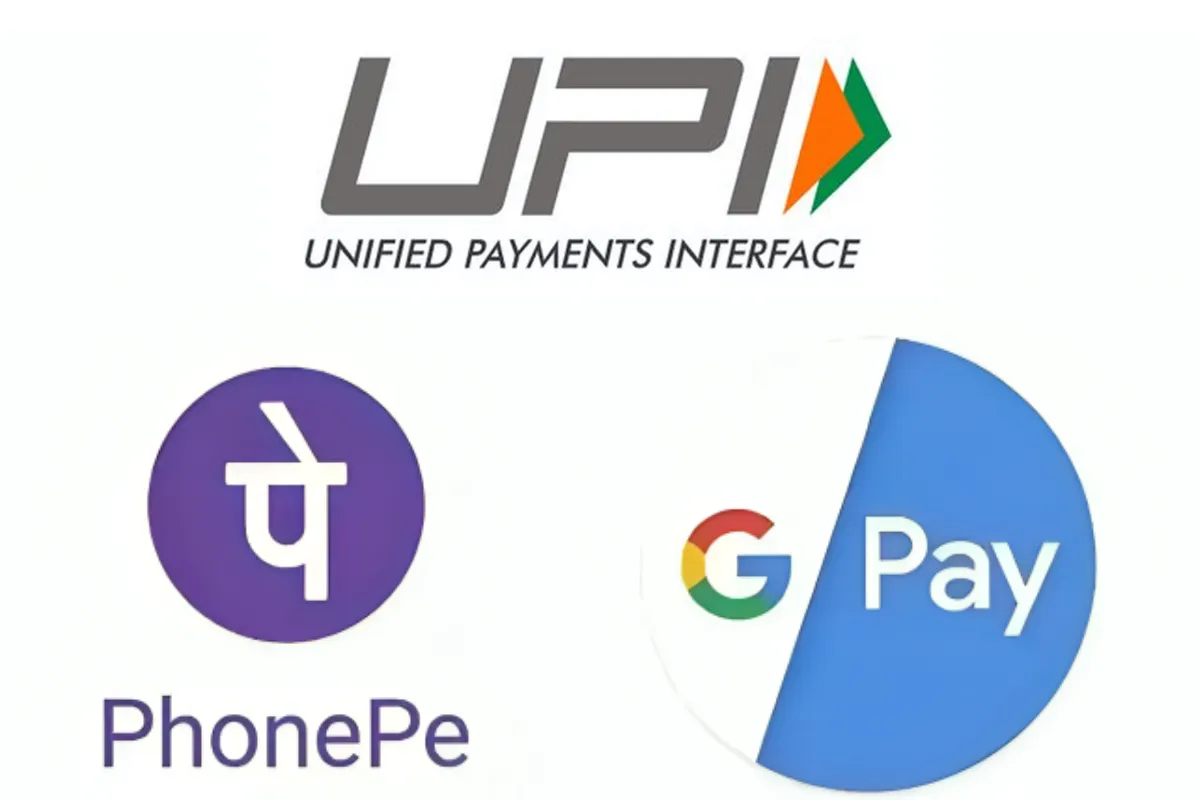The most popular payment method in India, UPI (Unified Payments Interface), may be about to change! The brains behind UPI, the National Payments Corporation of India (NPCI) want to level the playing field for all payment apps.
Curbing Big Players
A new NPCI regulation will go into force in December 2024. No third-party app provider (TPAP) such as Google Pay or PhonePe is allowed to handle more than 30% of UPI transactions, according to this rule. This is to maintain an effective framework for digital payments and avoid monopolies.
DON'T MISS
Why the Change? Reducing Risk and Protecting Users
At present, PhonePe and Google Pay account for an astounding 85% of UPI transactions. This is risky even if it can appear handy. The entire UPI system may be impacted by an issue with these popular apps, which would be extremely problematic for consumers. The 30% guideline from NPCI attempts to stop this by promoting a more equitable allocation of transactions across various applications.
How Will NPCI Reduce Market Share?
Although the specifics are yet unknown, NPCI may prevent apps with a 30% or higher share from onboarding new users. This would be implemented gradually to minimise any disruption to current clients. The NPCI will likely provide more precise rules in the upcoming months.
What Does This Mean for You?
In the future as a UPI user, you may have more options. Other payment applications may become more popular as a result of the new regulation, giving you additional choices and maybe even better prices. You shouldn’t be concerned about any sudden interruptions to your present UPI usage, though.
Keep watching our YouTube Channel ‘DNP INDIA’. Also, please subscribe and follow us on FACEBOOK, INSTAGRAM, and TWITTER
